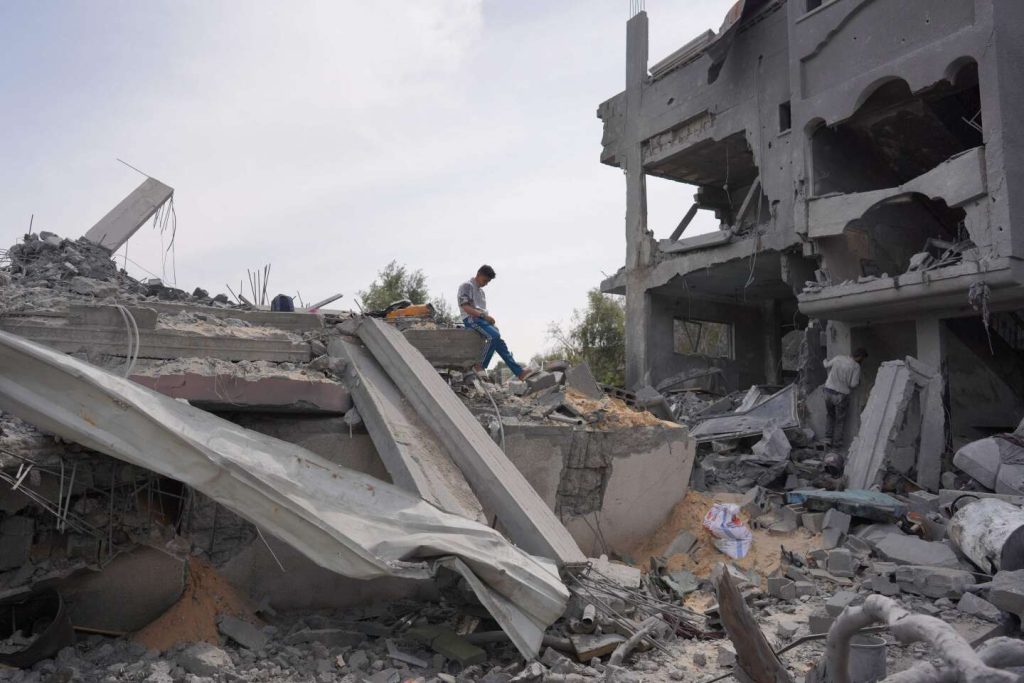Since October 7, 2023, there has been a semantic debate raging in the political sphere. Initially, there was a need to classify the actions of Hamas on Israeli territory. The ecologists did not hesitate to label these acts as terrorist acts of rare barbarity. They also continuously called for the release of hostages held by Hamas. Additionally, they emphasized the importance of not conflating Jews in general, particularly French Jews, with the actions of the Israeli government. Following Israel’s retaliations, they did not hesitate to term the actions as war crimes and crimes against humanity in Gaza.
Today, the question being raised is that of the qualification of genocide. This debate is particularly challenging given the history of the Jewish people in Europe during the Holocaust and how it has shaped the history of humanity and the State of Israel. The ecologists reject the escalation of some and refuse the blindsides of others. They believe that the analysis should be guided by political courage, lucidity, and respect for international law. The International Court of Justice (ICJ) raised concerns about a “real and imminent risk of genocide in Gaza” on January 14. As Israel prepares to launch an offensive on Rafah, the last refuge for over a million displaced Palestinians in a 60 square kilometer area, the government of Benjamin Netanyahu seems to be edging closer to what judges in The Hague could one day classify as genocide.
According to the 1948 Convention for the Prevention and Punishment of the Crime of Genocide, this crime is defined by acts committed “with the intent to destroy, in whole or in part, a national, ethnic, racial, or religious group as such,” including the “murder of members of the group” and “the intentional imposition of conditions of life intended to bring about the group’s physical destruction.” Thus, a genocide is defined by the materiality of the crimes and the intent of those committing them. The materiality of Israeli crimes is undeniable after five months of war. Over 30,000 Palestinians, including 25,000 women and children, have been killed according to Hamas. More than 50% of Gaza’s homes have been destroyed or damaged, and over 1.7 million Palestinians have been forcibly displaced, as reported by the UN. The Israeli army has deliberately attacked journalists, medical personnel, schools, places of worship, hospitals, and energy infrastructure.
In conclusion, the debate around the qualification of genocide in Gaza continues to be a contentious issue in the political landscape. The ecologists have taken a strong stance on the matter, condemning the actions of Hamas as terrorist acts and the actions of the Israeli government as war crimes and crimes against humanity. They emphasize the importance of distinguishing between different groups and not conflating individuals with the actions of their respective governments. The materiality of the crimes committed in Gaza is significant, with thousands of casualties and widespread destruction. The question of genocide requires careful consideration in light of the historical context and the principles of international law. The international community plays a crucial role in ensuring accountability and justice for the victims of conflict.


